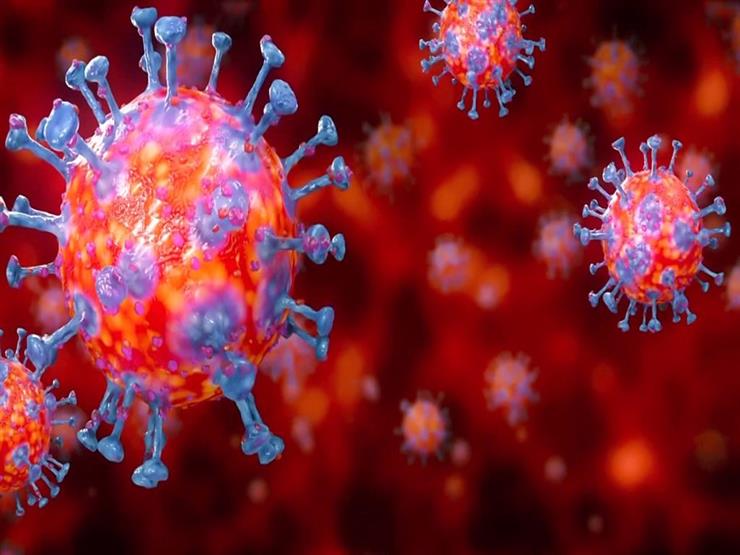11:21 AM
Monday 14 September 2020
–
Agencies
The main symptoms of “Covid-19” are fever, cough and shortness of breath, however, more and more patients describe various other symptoms, including a loss of smell and taste.
With the increasing number of “Covid-19” patients who report suffering from losing the sense of smell and taste, the World Health Organization has included, since the end of last May, these two symptoms in the official list of symptoms of the fatal disease, while scientists tried to discover the cause of these symptoms when infected with the virus, and whether It has lasting effects, according to Russia Today.
And researchers at Harvard Medical School studied the types of cells used in smell and the most vulnerable to infection, “Covid-19”.
The team was surprised when they discovered that the sensory neurons that detect and transmit the sense of smell to the brain are not what SARS-CoV-2 is targeting.
The study found that the virus actually attacks the scent-detecting support cells, but not the neurons themselves. So researchers believe that loss of smell may not be permanent.
This was a positive result because it indicates that most cases of “Covid-19” are unlikely to cause a permanent loss of smell, said Assistant Professor of Neurology at Harvard Medical School and co-author of the study, Dr. Sandeep Robert Datta.
Robert Datta, the lead author of the study, added that the reason people think they are experiencing a loss of taste is actually because their sense of smell, which has a significant impact on their ability to detect flavor, was affected.
“Because everyone smells and tastes together when eating food, most people don’t separate the two mechanisms,” said Robert Datta.
“We need more data and a better understanding of the underlying mechanisms to confirm this conclusion,” Robert Data said in an online statement.
On the other hand, Dr. Daniel Reed, associate director of the Monel Chemical Sciences Center in Philadelphia, Pennsylvania, says that we cannot be certain that olfactory neurons are not directly damaged, explaining: “There may be surrogate receptors that we know nothing about, so no We can rule out that the olfactory sensory neuron does not absorb the virus. “
“It may be that the support cells do not function properly and the olfactory receptor neurons cannot function, or the immune response of the support cells kills or distorts the olfactory receptor neurons.”
– .


